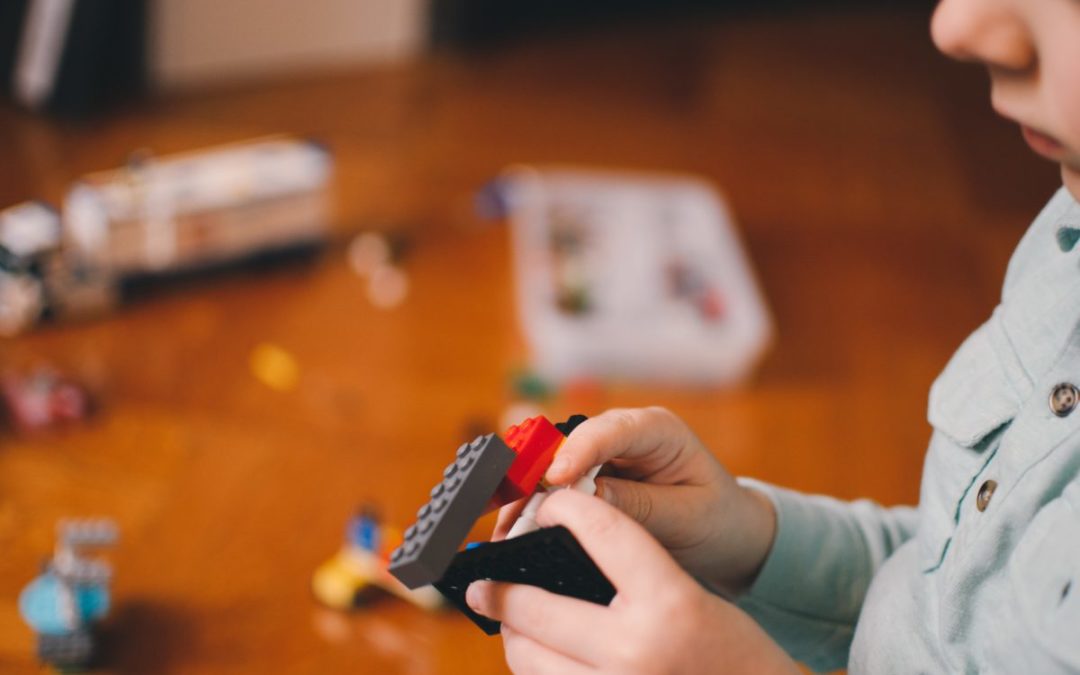
When one or both spouses wish to terminate their marital relationship, divorce becomes inevitable. However, a dissolution of marriage is a not only a legal procedure which terminates the marital bond between partners, it is also results in the break-up of a family unit that previously was created on the basis of love and commitment. The ramifications of the decision to divorce is not only painful for the spouse(s), it is often more so for the children.
If you are considering a divorce or separation from your spouse, it is critical to understand the consequences this decision has on your kids. All children are different and respond differently to divorce. The impact the decision to file for a dissolution of marriage will have on your children will depend on the characteristics of your children, such as age, personality traits, emotional maturity, happiness, support from peers, and resiliency to trauma.
As a parent, you know and understand your children better than anyone. Use your best judgment when handling this delicate, initial conversation with your children. It is often helpful to engage the services of a family therapist or mental health counselor to gain insight on how best to approach the children, together, to explain your decision to terminate the marriage.
The manner in which spouses initially make the children aware of their decision to dissolve the marriage and how each party “behaves” during the divorce proceedings, can be really harmful and disturbing for the children. Here are some of the potential effects of divorce on children:
Children suffer emotional disturbance and instability while their parents are undergoing the divorce process. Development of feelings like anger, loneliness, hatred, and sadness is common among children during this period.
If you and your spouse/partner are tense or engage in volatile arguments in the presence of the children, then it is possible that your kids will have feelings of guilt, insecurity or neglect. Studies have shown that children often internalize these thoughts only to later exhibit these feelings by throwing tantrums, showing aggressive or dominating behavior, and staying aloof from social activities and friends.
Parental conflicts and stress can hamper the academic performance of the child. If you are continuously fighting with your spouse, then your children may find it difficult to concentrate on their studies. As a result, their grades can plummet at the school and extra-curricular activities may suffer.
When parties are engaged in the divorce process, children often witness irritable behavior and stressful conversations between parents. These interactions can also lead to the development of negative feelings and pessimistic character in your children. During this time, children involved may start feeling resentment and acquire negative connotations about marital relations/decisions, family systems and so on and studies have shown that such adverse child experiences will likely affect the lives of these children long term.
Some children, whether going through family transitions or not, find it difficult to express their feelings properly and when exposed to the status of divorce proceeding by one parent or the other, this leads to feel great mental and physical pressure. It is common that they may start developing physical or health problems such as weight gain/loss, lethargy, nausea, headaches, and/or body pain.
What is the takeaway? Your children can be unnecessarily affected by divorce, mentally and physically, depending on how you treat each other and your children during the dissolution of marriage proceedings. An amicable traditional divorce or utilization of the collaborative divorce process should be the preferred method to divorce if your goal is to shield your children from the ill-effects of a dissolution of marriage and steer them in a positive direction for a bright future. Sometimes, finding a local marriage or family therapist or counselor is great way to go to help your children cope with divorce. There are even local “Next Gen” Counselors who will provide therapy in either traditional or non-traditional settings.
Stay tuned to the KLK Family Law Blog for more insight on divorcing with children.
Kim L. Kaszuba, Esq.
